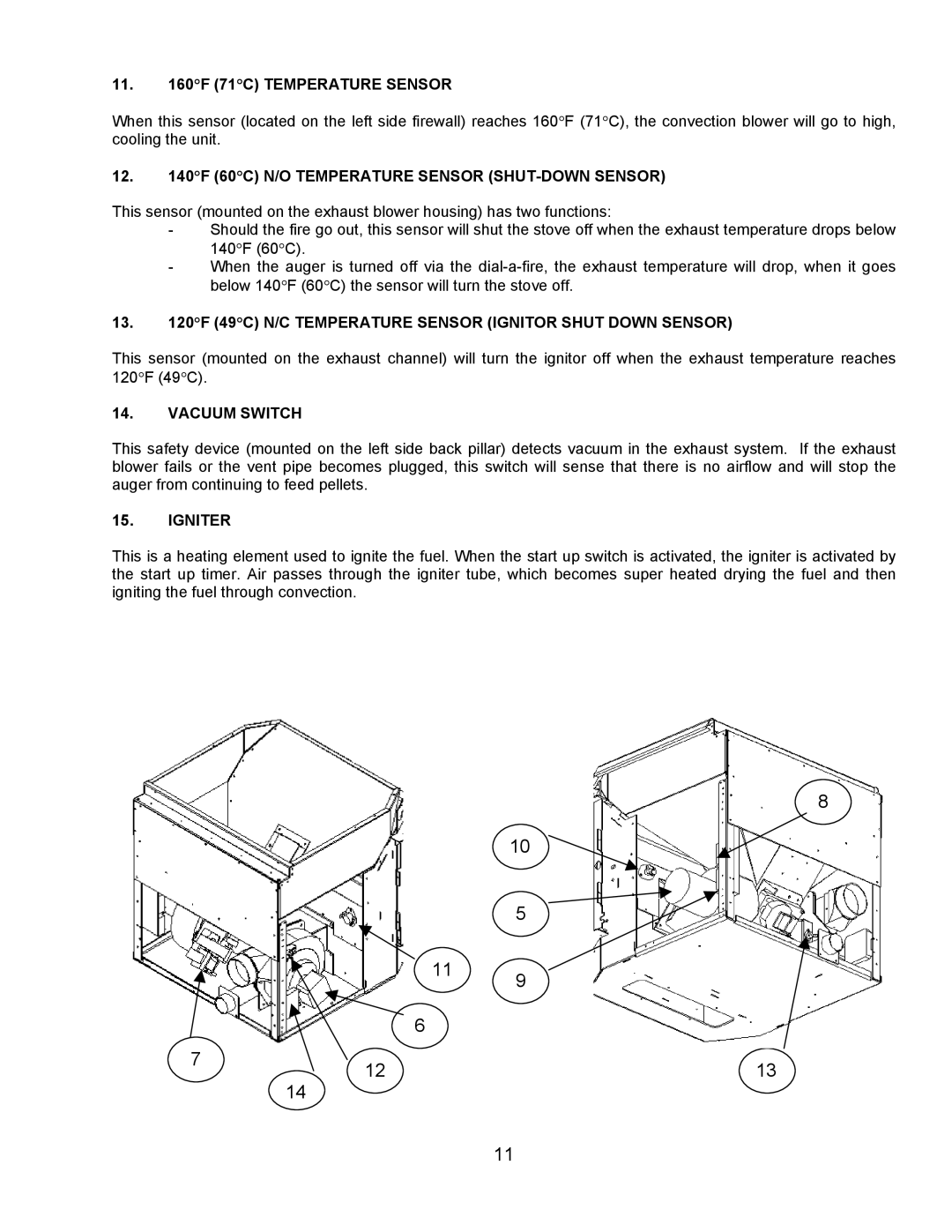BIH, FS, FPI specifications
Enviro FPI, FS, and BIH are innovative technologies that have significantly contributed to the field of environmental protection and sustainability. These systems are designed to address various environmental challenges by utilizing advanced features and methodologies that promote efficiency and effectiveness.The Enviro FPI (Floating Photovoltaic Installation) is a groundbreaking technology that involves the installation of solar panels on bodies of water. This approach not only generates renewable energy but also minimizes land use, which is critical in densely populated areas. The floating structure reduces water evaporation and helps maintain water quality by limiting algae growth. Additionally, the cooling effect of water can enhance the efficiency of solar panels, resulting in higher energy output.
The Enviro FS (Floating System) expands upon the principles of FPI by integrating multiple environmental functionalities. This system includes features such as water filtration and oxygenation, which are essential for improving aquatic ecosystems. The incorporation of bioremediation technologies allows for the natural degradation of pollutants, making it a multifunctional solution for water bodies facing contamination. The FS system is engineered to blend seamlessly into its environment, ensuring minimal disruption to local wildlife and habitats.
The Enviro BIH (Biodegradable Industrial Hemp) represents a leap forward in sustainable materials. Utilizing industrial hemp, this technology creates biodegradable products that can replace conventional plastics. Hemp is known for its fast growth rate and low environmental impact, making it a viable alternative for various industries. The use of BIH not only helps reduce plastic waste but also supports sustainable agriculture and provides economic opportunities for farmers.
All three technologies embody key characteristics that make them stand out in the field of environmental innovation. They are designed with sustainability at their core, emphasizing the importance of balancing human activity with ecological preservation. The integration of renewable energy generation, pollution remediation, and the use of biodegradable materials showcases a holistic approach to modern environmental challenges.
Furthermore, these technologies are scalable and adaptable, allowing for implementation in various contexts, from urban settings to rural areas. As awareness of environmental issues continues to grow, solutions like Enviro FPI, FS, and BIH play an essential role in promoting a greener and more sustainable future for generations to come. Through their combined efforts, these technologies pave the way toward a more responsible relationship with our planet.

